REVISED AND UPDATED
TOTAL
FORGIVENESS
REVISED AND UPDATED
TOTAL
FORGIVENESS
R.T. KENDALL





To Melissa
CONTENTS
ix
xv
FOREWORD
 ERE IS THE kind of message for which you have been waiting. This is not a book about forgiveness; the church libraries throughout Christendom are filled with volumes on this familiar topic. Sunday school lessons and sermons have been entreating hearers for generations to heed and to practice this basic Christian virtue.
ERE IS THE kind of message for which you have been waiting. This is not a book about forgiveness; the church libraries throughout Christendom are filled with volumes on this familiar topic. Sunday school lessons and sermons have been entreating hearers for generations to heed and to practice this basic Christian virtue.
Dr. R. T. Kendall supplies the clue in the very title of this important work: Total Forgiveness, which is achieving God's greatest challenge.
What makes this message so powerful is the fact that it comes to grips with the unavoidable concept of totality. To most finite human beings, the very notion of "allness" is formidable. Isn't that an attribute that belongs to God alone? The "omnis"-omnipotent, omnipresent, omniscient-are to be ascribed exclusively to Jehovah, aren't they?
Is the author extreme when he postulates emphatically that we are not only to forgive-but to forgive totally? No, he is just being biblical. Jesus Himself laid down the imperative to His disciples: "Be ye therefore perfect, even as your Father which is in heaven is perfect" (Matt. 5:48, KJv). No commandment in all of Scripture could be more explicit.
Are you forgiving totally... completely... utterly... absolutely... unconditionally... entirely... wholly? That is how Jesus forgives the sinner, and He expects no less from us. More than that, He makes it the foundation of our prayer life: "If ye forgive not men their trespasses, neither will your Father forgive your trespasses" (Matt. 6:15, KJv).
What message could be more timely than one that calls upon us today, as this book does, to forgive totally the grievances that seem to be ripping nations apart all around this troubled globe? If the various races, nationalities, and ethnic groups who are creating chaos and fomenting warfare with their enemies could be brought to forgive-to forgive totally-themselves, their tragic histories, the injustices that they have suffered in the past, and the hatreds that have hardened into virtual idolatries, we could be on the way to a more peaceful world.
I agree with Dr. Kendall that this is his most important book. And I agree with others who feel passionately that it is a book that should be read around the world.
-D. JAMES KENNEDY, PHD SENIOR MINISTER, CORAL RIDGE PRESBYTERIAN CHURCH FORT LAUDERDALE, FLORIDA
FOREWORD
 NE OF THE greatest subjects of the third millennium will be the relationship between the developed countries of the West and the developing countries in the third world, especially those in Africa.
NE OF THE greatest subjects of the third millennium will be the relationship between the developed countries of the West and the developing countries in the third world, especially those in Africa.
A new world order has emerged that requires global mediation-a mediation whose main objective would be to contribute to the solution of ethnic conflicts within nations as well as conflicts between nations, and also to contribute to the promotion of world economic growth, development, and welfare. Some of us who have been involved in the practical mediation of these conflicts have come to the stark realization that nations, just as individuals, need to forgive each other for the past exploitation and suppression of their weaker neighbors. The nations of Africa are just one example of this. For a people group who has been so traumatized by the ravages of the cold war and colonialism; for a people who is seeking to come to terms with their history of oppression, conflict, and disagreement; for a people who has reached the rock bottom of despair and despondency, there can be no future without forgiveness.
It is in this context that I have found Dr. R. T. Kendall's book Total Forgiveness to be immensely timely and appropriate at this particular juncture in our human history. It is a book that should be read by every race and nation in the world. Many atrocities have been committed and continue to be committed by various people groups in the name of politics or even religion; these currently include the conflicts in Rwanda, Bosnia-Herzegovina, Kosovo, Ireland, Sudan, Angola, Liberia, Somalia, Israel, and the Middle East, to mention only a few. There is much forgiveness that is needed.
It is important to look at the past, for, as the great American philosopher George Santayana once said, "Those who cannot remember the past are condemned to repeat it." But that does not mean that we should view the past with unforgiveness or bitterness in our hearts. R. T. Kendall has taught us through this book that bitterness, however much we feel it is justified, will only consume our souls and ultimately achieve nothing. We must therefore learn to forgive, even if we never forget.
Nelson Mandela is perhaps the best example in the twentieth century of a man who has taught us how to forgive. After twenty-seven years of political incarceration-the longest serving political prisoner in the world at that time-he emerged unscathed and told his people to forgive their oppressors and focus on the future and on building a new, united nation. In spite of the devastating trauma of apartheid, Mandela chose the path of forgiveness and reconciliation rather than the policy of revenge and vindictiveness. The world expected that a ghastly bloodbath would overwhelm South Africa, but this did not happen. South Africans managed an extraordinarily peaceful transition between governments and avoided a major ethnic and racial war. I am grateful to God who enabled me to play a role in that reconciliation and forgiving process.
In another part of the world, the Arab-Israeli conflict has continued for such a long time because it is based on the policy of instant, mutual retaliation-an eye for an eye and a tooth for a tooth. But in the final analysis, the parties in this terrible conflict will have to sit down around a table and negotiate a peaceful and lasting agreement-an agreement based on give and take, and based on reconciliation and forgiveness rather than retributive justice.
Clearly, the world has been waiting for such a book as Total Forgiveness, and R. T. Kendall has done humanity a great service in writing it.
-PROFESSOR WASHINGTON A. J. OKUMU NAIROBI, KENYA
PREFACE


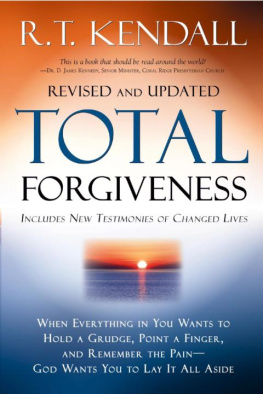


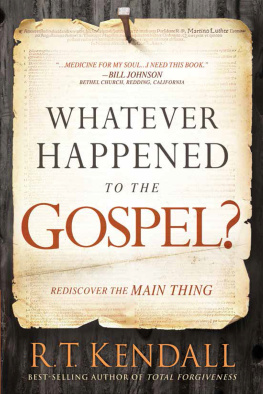
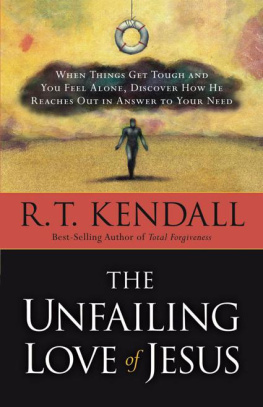


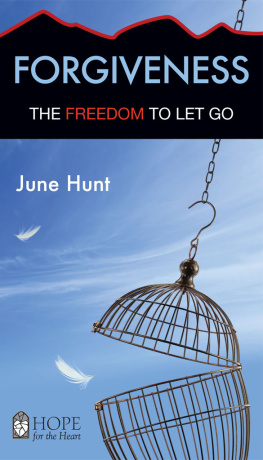

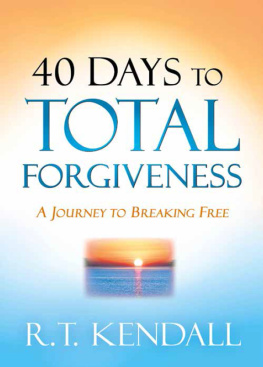

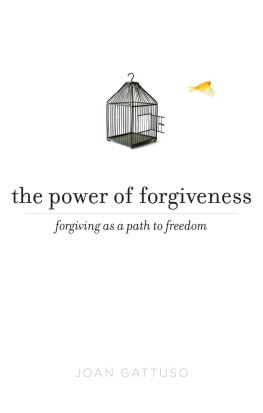






 ERE IS THE kind of message for which you have been waiting. This is not a book about forgiveness; the church libraries throughout Christendom are filled with volumes on this familiar topic. Sunday school lessons and sermons have been entreating hearers for generations to heed and to practice this basic Christian virtue.
ERE IS THE kind of message for which you have been waiting. This is not a book about forgiveness; the church libraries throughout Christendom are filled with volumes on this familiar topic. Sunday school lessons and sermons have been entreating hearers for generations to heed and to practice this basic Christian virtue. NE OF THE greatest subjects of the third millennium will be the relationship between the developed countries of the West and the developing countries in the third world, especially those in Africa.
NE OF THE greatest subjects of the third millennium will be the relationship between the developed countries of the West and the developing countries in the third world, especially those in Africa.